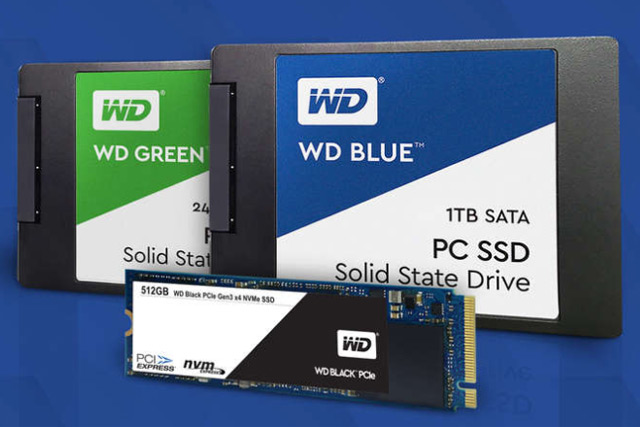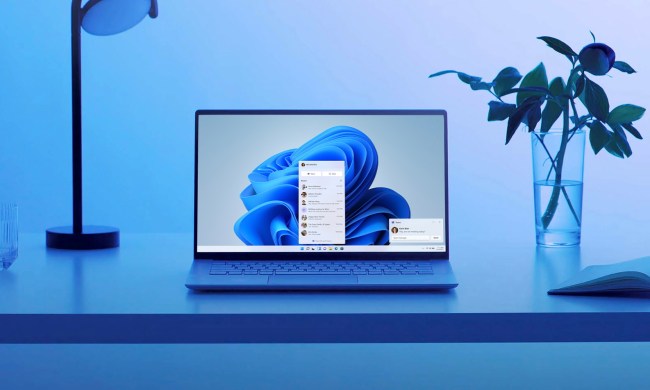
One way that storage manufacturers have been able to increase the size of solid-state drives (SSD) and other flash storage mediums, is through 3D NAND. By stacking information vertically, the footprint on the PCB is much reduced and enables the use of more memory chips in the same form factor. This Western Digital development is the latest incarnation of that and could lead to much larger SSDs in the future.
Future, is the key word, though. While the earliest iterations of this BiCS4 technology will be shipped out to original equipment manufacturers and Western Digital partners in the latter half of 2017, they will only be in the 256-gigabit chip range. This technology is said to be capable of creating one terabit chips, though they are unlikely to appear for at least another year.
Mass production of any of these chips won’t begin until 2018, either. BiCS4 technology is expected to see Western Digital through to 2020, during which time it will continually evolve and improve, before being replaced by its eventual successor around that time, Anandtech reports.
That means that the existing 64-layer BiCS3 chips will continue to be manufactured, and Western Digital suggested that this recent development will not slow down production on the older technology. It claimed that 2017 will see it and its partner, Toshiba, produce more 64-layer 3D NAND than ever before — more than any other industry supplier throughout the year.
Not all is rosy at Western Digital, though. It was revealed by anonymous sources only last week that its WDLabs division was being shut down. If you were hoping to get a hold of Western Digital hard drive for the Raspberry Pi, or one of its other accessories, you better do it sooner rather than later.



